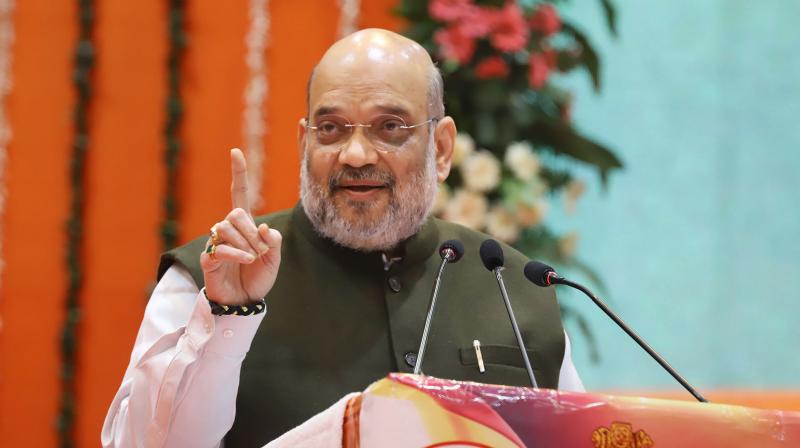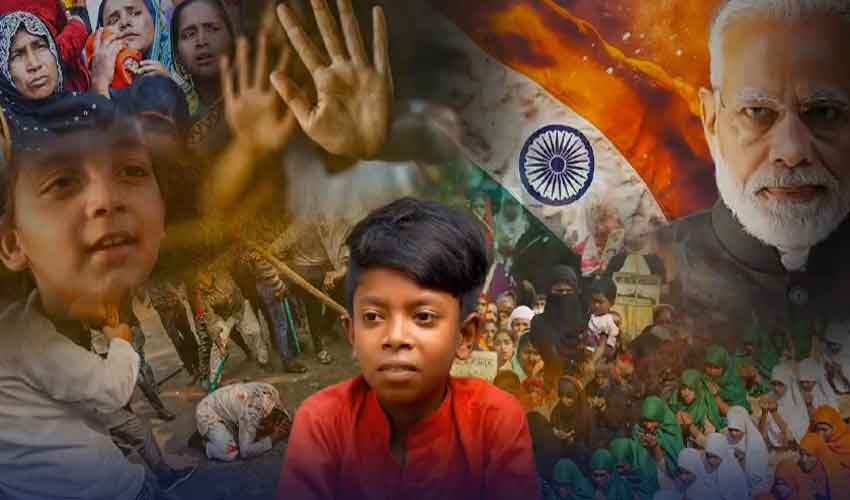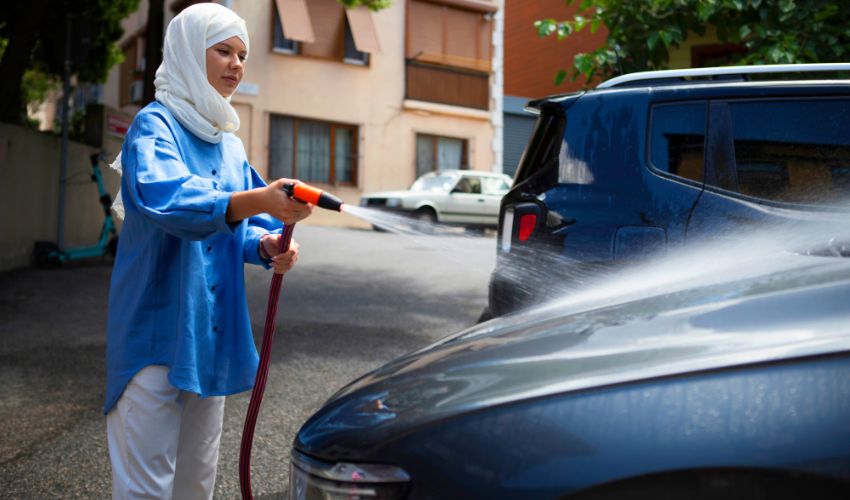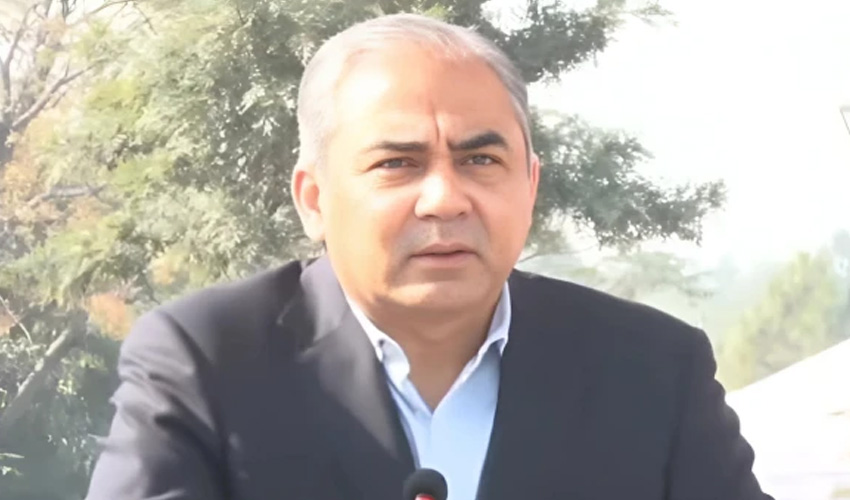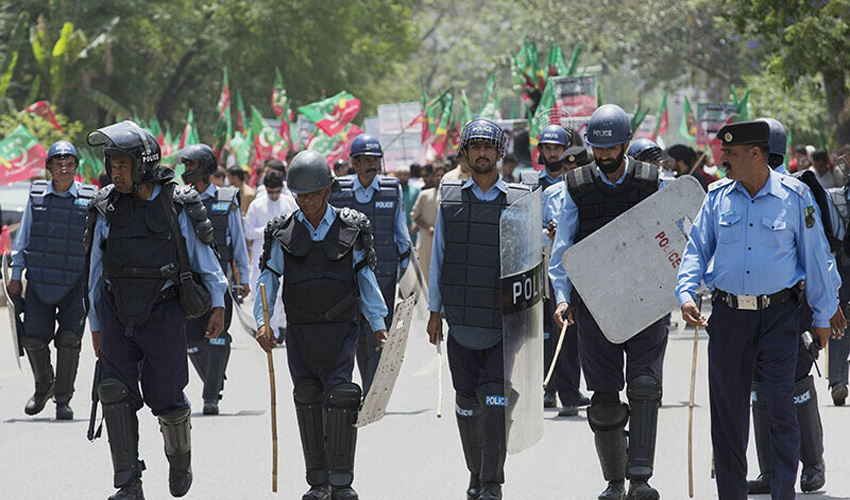In Occupied Kashmir, Kashmiri women who have endured years of suffering due to sexual violence by the Indian Army are still awaiting justice. According to Kashmir Media Service, a staggering 11,224 cases of sexual assault have been reported from 1989 to 2020. Disturbingly, 882 Kashmiri women fell victim to gang rape in 1992 alone.
A 1994 Human Rights Watch report reveals that the Indian military systematically employed mass rape as a weapon of intimidation and punishment. Asia Watch further highlighted that extrajudicial killings, looting, massacres, and rapes were used as reprisals against Mujahideen, with 44 extrajudicial killings and 15 rapes reported in just one week.
Shockingly, despite the gravity of the offenses, the absence of a proper system of punishment has allowed violent actions by the Indian Army to persist for years. The Indian government's leniency has emboldened forces to commit sexual assault crimes without fear of consequences.
Even after 75 years, justice remains elusive. According to a report by the Research Society of International Law, Indian forces did not spare women aged 11 to 60. Human Rights Watch highlighted that only a few perpetrators have been convicted, indicating a failure to address the pervasive issue.
Kashmiri women, silent victims of heinous crimes in #OccupiedKashmir, await justice.
— SAMAA TV (@SAMAATV) February 1, 2024
Shocking statistics from 1989-2020 reveal 11,224 cases of sexual assault by the #IndianArmy.
In 1992, 882 #Kashmiri women fell victim to gang rape. #SamaaTV pic.twitter.com/XeYTgAOeZk
Reports from 1996 indicate that rape continued to be used as a weapon against the independence movement. A 2005 report emphasized that the rate of sexual violence against Kashmiri women is the highest in the world. The Social Development Council implicated the Armed Forces (Special Powers) Act (AFSPA) in inciting Indian soldiers to commit abuses.
A Guardian report from 1979 to 2020 implicated over 150 Indian army officers of the rank of major in systematic sexual abuse. Specific incidents, such as the 1991 Kannpooshpura tragedy, where more than 100 Kashmiri women were raped by jawans, highlight the severity of the issue. Despite the courageous testimony of 53 women before the Chief Justice of Jammu and Kashmir's Commission of Inquiry, justice has been slow to materialize.
Tragically, the heinous crime against 8-year-old Asifa Bano in 2018, raped for seven days by Hindu extremists in Kathua to displace Muslims, adds another dark chapter to the ongoing struggle for justice. The unresolved Shopian incident from October 10, 1992, where 22 Grenadier men gang-raped nine women, further underscores the urgent need for accountability.
As more than 1,000 rape cases remain pending in Kashmiri courts, the plight of Kashmiri women continues to be a harrowing testament to the challenges in achieving justice and ending the cycle of violence.










